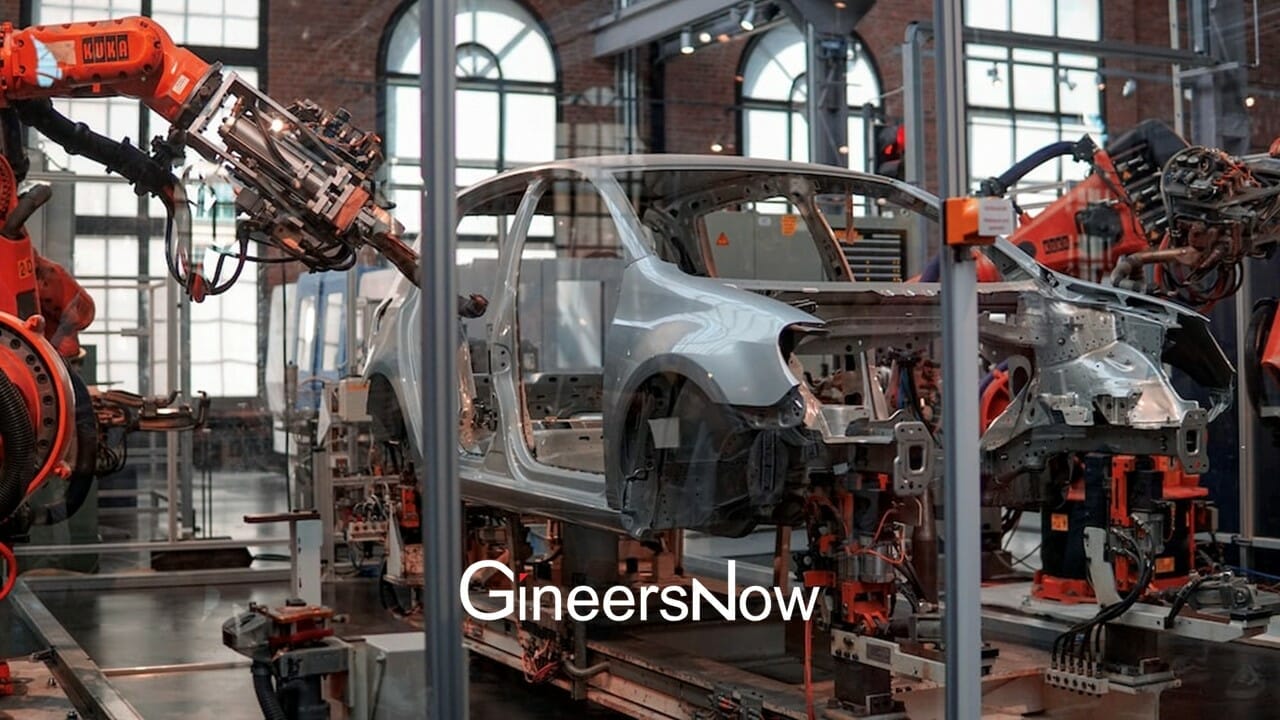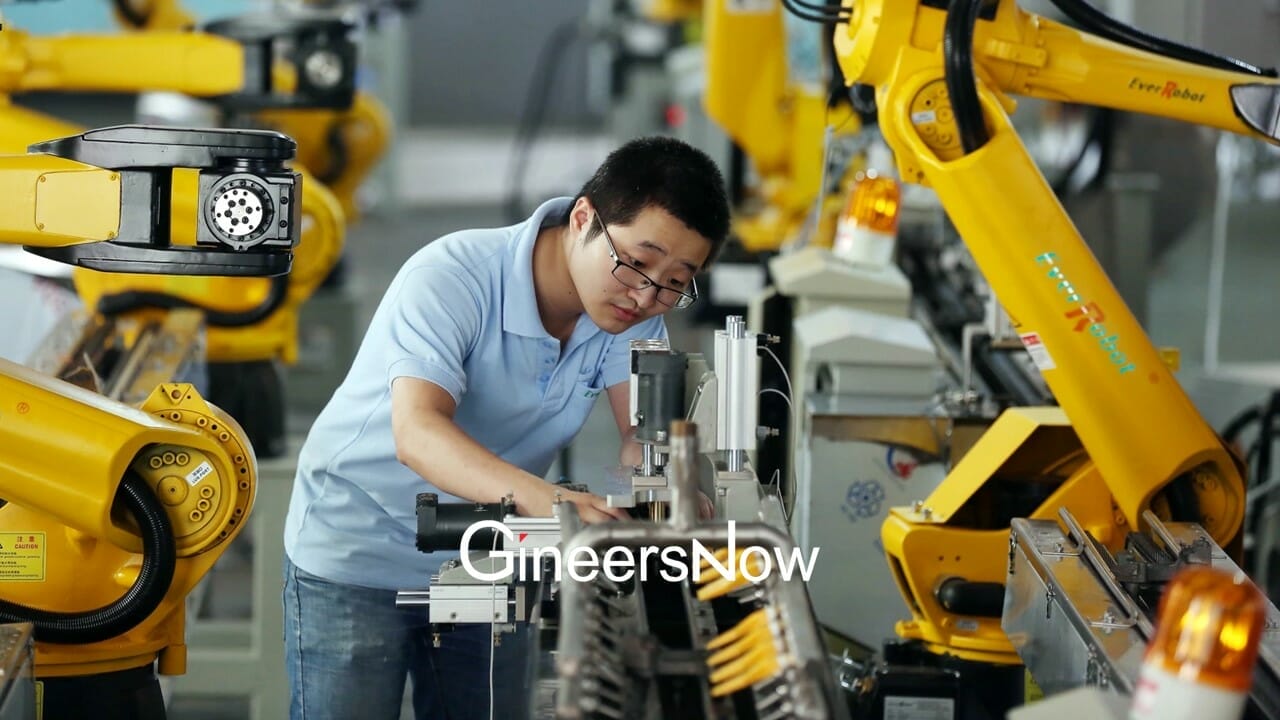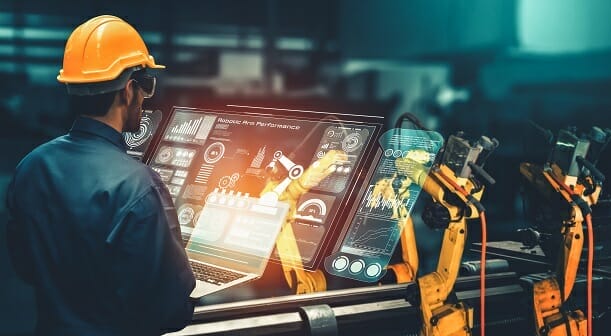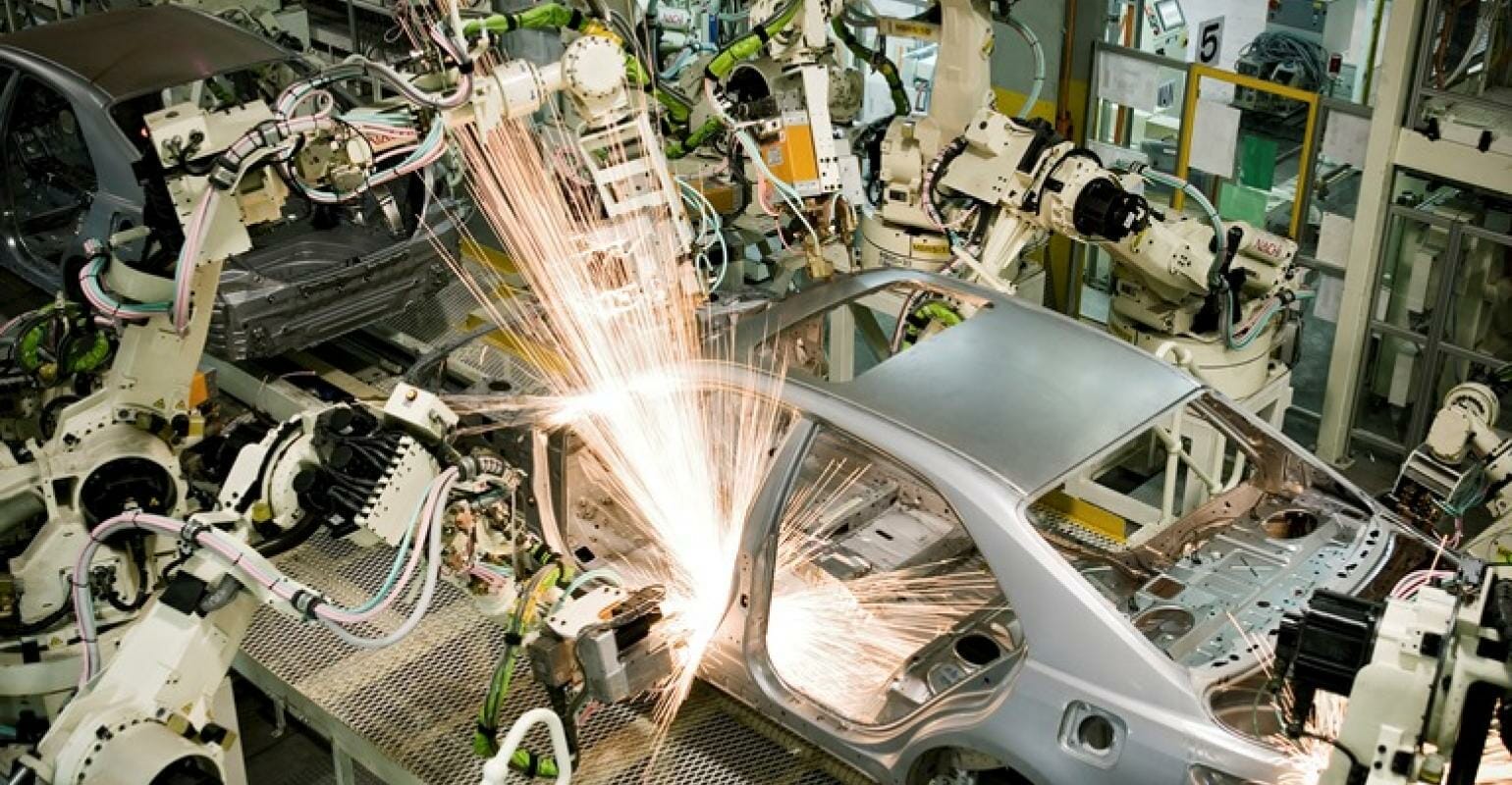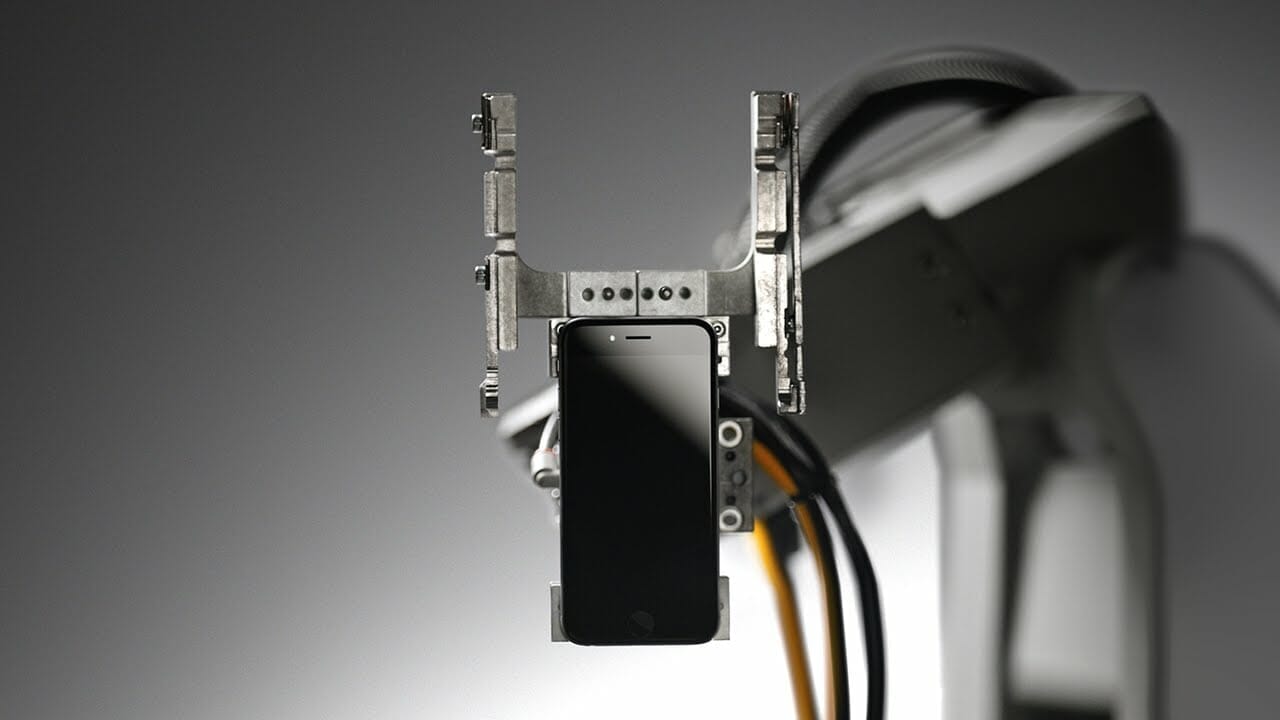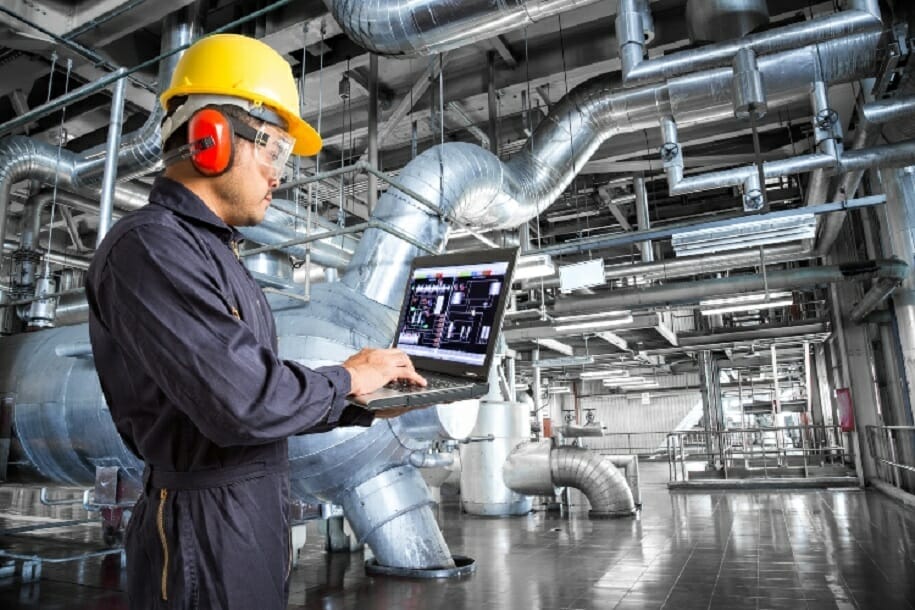The Age of Automation has ushered in a new era for engineering, with robotics playing a crucial role in revolutionizing the way we design, build, and maintain our world. As technology continues to advance, as can also be seen in the trading opportunities from Strafe, the impact of robotics in engineering is becoming more evident, with increased efficiency, precision, and innovation across various sectors. In this article, we will explore how robotics has transformed the engineering landscape and examine the key areas where these intelligent machines are making a difference.
Improved Productivity and Efficiency
Robotics has been a game-changer in terms of productivity and efficiency in the engineering sector. Traditional processes that once required manual labor can now be automated, leading to increased throughput and reduced production times. Robots are able to work tirelessly around the clock, free from human limitations such as fatigue or the need for breaks. This results in higher productivity rates and cost savings for businesses, ultimately benefiting the entire industry.
Enhanced Precision and Accuracy
One of the most significant advantages of robotics in engineering is the ability to perform tasks with a level of precision and accuracy that far surpasses human capabilities. From assembling intricate components in electronics manufacturing to performing high-precision welding in automotive production, robots can execute tasks with incredible accuracy. This minimizes the risk of errors, leading to better-quality products and increased customer satisfaction.
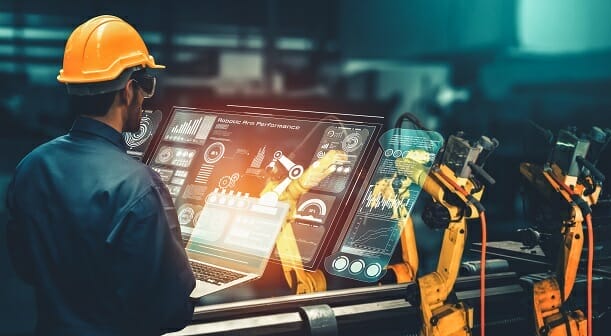
Innovations in Construction and Infrastructure
The construction and infrastructure sectors have also seen dramatic improvements due to the integration of robotics. Robots are now used for various tasks, such as laying bricks, pouring concrete, and even assembling entire structures. The use of drones for surveying and monitoring construction sites has improved safety and efficiency while 3D-printing technology has enabled the creation of complex, customized structures with minimal waste.
Revolutionizing Maintenance and Repair
Robotics has significantly impacted the maintenance and repair aspects of engineering. Robots can now perform tasks that were once considered too dangerous or difficult for humans, such as inspecting oil pipelines, repairing underwater structures, or working in hazardous environments. The use of robotics in these situations not only improves safety but also allows for more effective maintenance, prolonging the life of critical infrastructure.
Robotics in Space Exploration
Space exploration has been another area where robotics has made a significant impact. The development of advanced robotics systems has allowed for more efficient and precise space missions, with robots capable of performing intricate tasks in the harsh conditions of outer space. From assembling and maintaining satellites to exploring distant planets, robotics has played a critical role in advancing our understanding of the universe.
Preparing the Workforce for the Future
As robotics continues to advance, the engineering workforce must adapt to these changes. Engineers need to develop new skills and expertise in areas such as robotics, artificial intelligence, and machine learning. Educational institutions and industry leaders must collaborate to ensure that the next generation of engineers is equipped with the necessary skills to thrive in the Age of Automation.
Conclusion
The impact of robotics in engineering is undeniable. From improved productivity and precision to innovations in construction and space exploration, these intelligent machines have transformed the way we approach engineering tasks. As we continue to embrace the Age of Automation, it is crucial that the engineering workforce adapts to the changes and embraces the opportunities that robotics has to offer. The future of engineering is undoubtedly intertwined with the rise of robotics, and the possibilities for growth and innovation are limitless.


